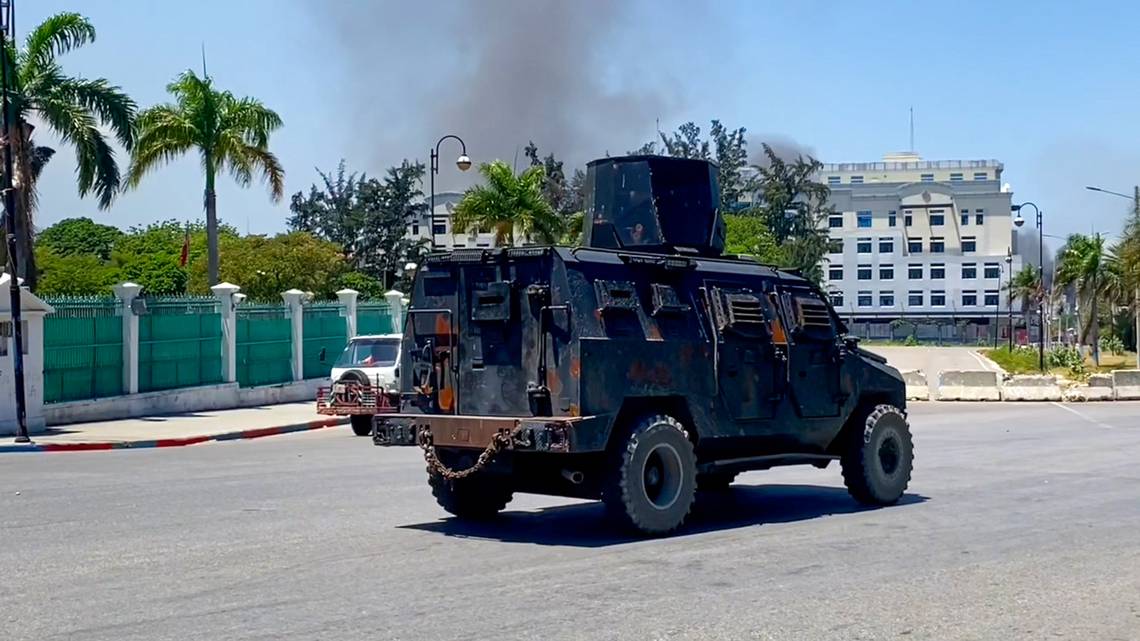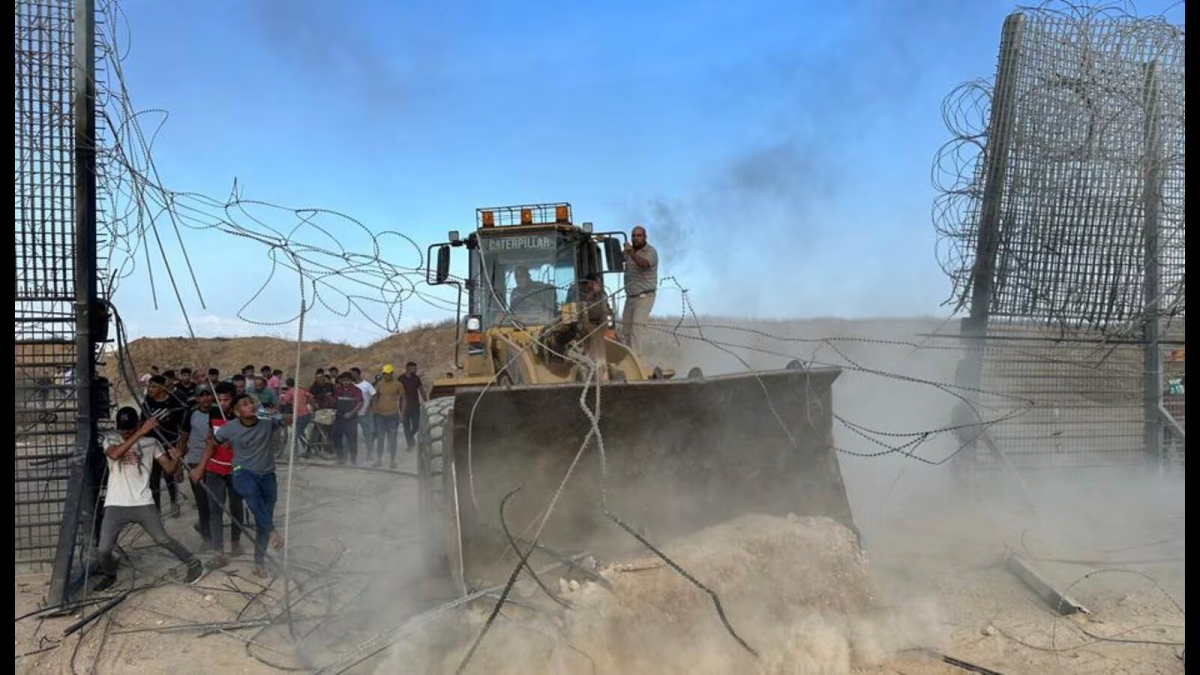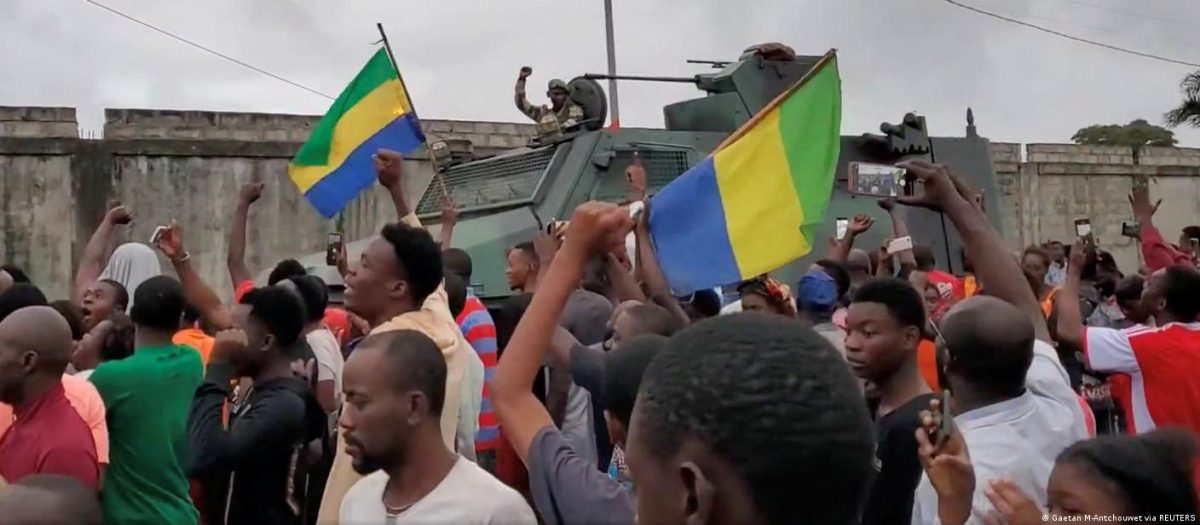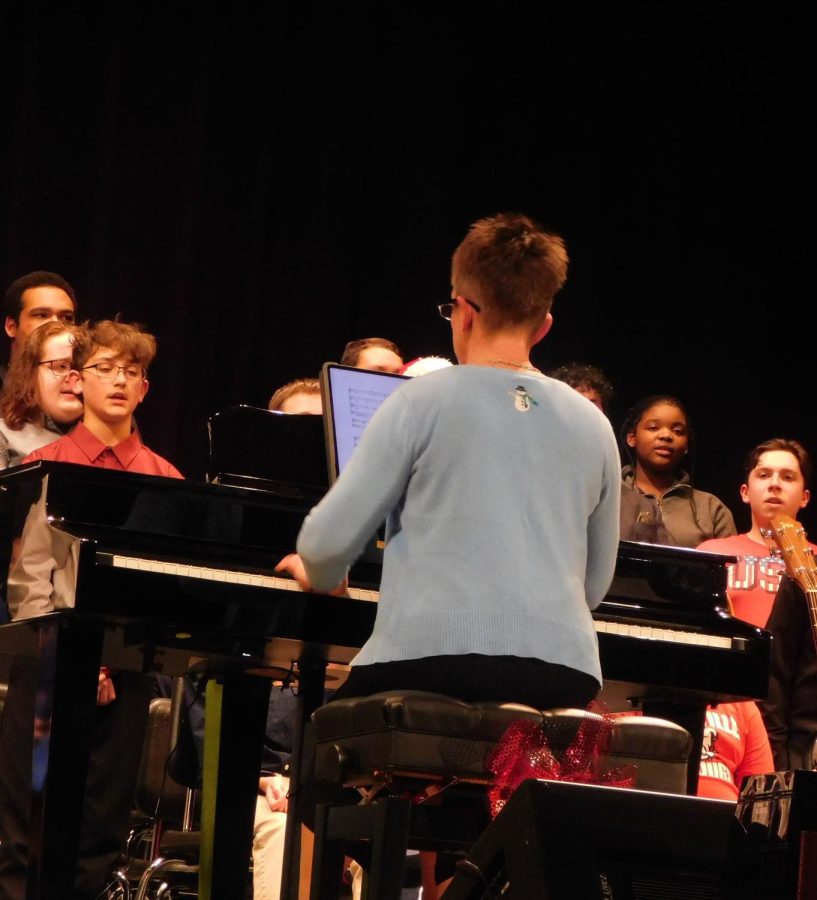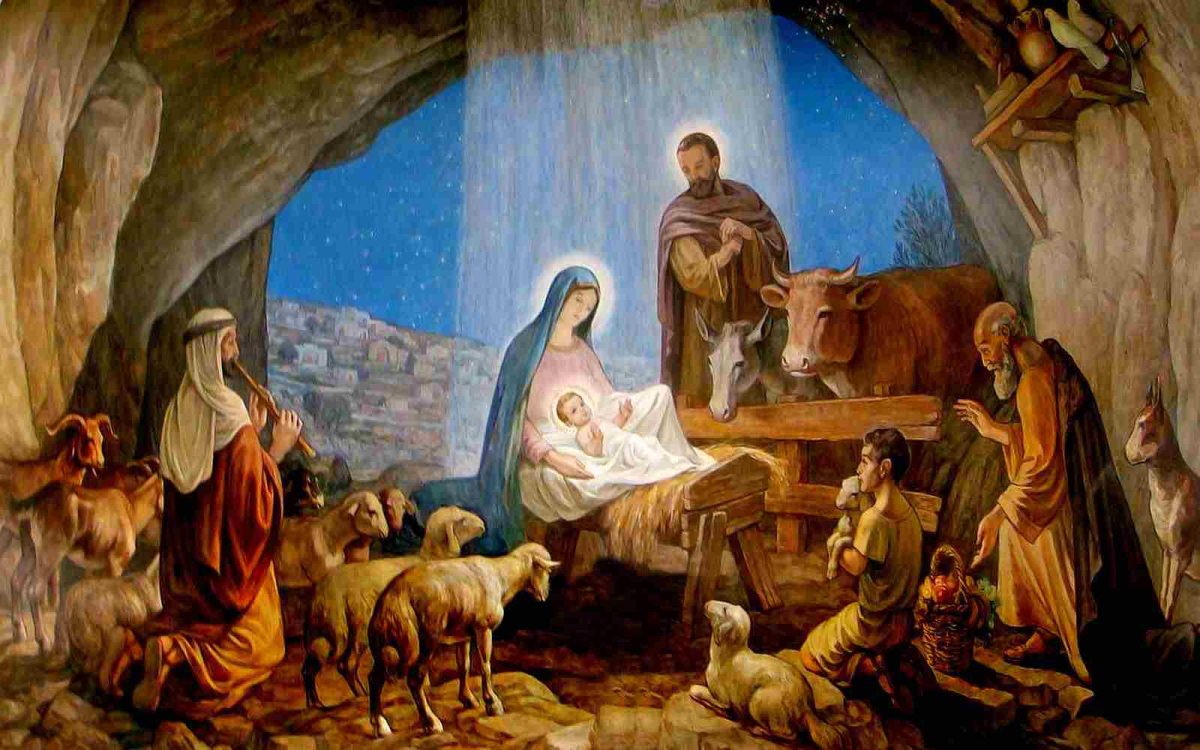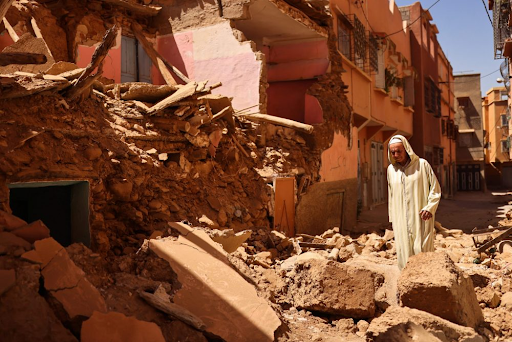Just four weeks ago a momentous event happened that toppled a 56-year-old political dynasty in the African nation of Gabon on August 30, 2023. This event was a military coup that was staged after Gabon’s President, Ali Bongo Ondimba, who had ruled Gabon since 2009 after his father, Omar Bongo Ondimba, died after having Gabon since 1967, won a disputed election on August 30, thus securing himself a third term as President. The coup was staged mere hours after Ali Bongo was declared the winner of the election after winning 64% of the popular vote. The coup was headed by Ali Bongo’s cousin, General Brice Oligui Nguema, who was also the Commander-in-Chief of the Republican Guard in Gabon. This coup was the finale of a decades-long period of autocratic rule under the Bongo political dynasty.
The Bongo dynasty began with Omar Bongo Ondimba, who took power in November 1967 after the first President of Gabon, Leon M’Ba, died. Leon M’Ba became President after Gabon gained independence from France in 1960, and Omar Bongo became his Vice President in March 1967 at the age of 32. When he took office after M’Ba’s death he immediately set about entrenching his power and continuing the dictatorial policies of his predecessor by proclaiming that Gabon was once again a one-party state (Leon M’Ba declared that Gabon was a one-party state in 1964) in March 1968 under the rule of the Gabonese Democratic Party, which was previously called the Gabonese Democratic Bloc under Leon M’Ba. Multi-party rule would finally return in 1990, but nevertheless, Omar Bongo would continue to dominate the political scene and remain President until he died on June 8, 2009, continuously winning elections that were marred by allegations of being rigged. Omar’s son, Ali Bongo Ondimba would then be elected President in September of 2009 and remain President until the August 30 coup, also winning elections that were also marred by allegations of being rigged.
The elections, however, were not the entire scope of the problems, but rather, it is more complex than that. Ali Bongo and Omar Bongo were both known to be kleptocrats. Gabon itself was a middle-income nation with immense wealth from its oil as well as its minerals and timber, making it one of the richer nations in Africa. While thirty percent of the nation’s populace live on only $140 a month and one third of the nation live below the poverty line, it is still much better than the rest of the region. Education and healthcare levels were much higher than the rest of the continent, and the timber industry provided 30,000 jobs for the locals in Gabon as the Bongos wanted to ensure that value stayed in Gabon. Omar Bongo even became captivated by the nature of Gabon and created 13 national forests that covered 10% of the country’s land mass. Gifted students in Gabon even got sent to France on government scholarships so they could continue their education. However, by 2008, the nation of Gabon began to decline economically.
Oil prices fell, leading to the economy slumping, which led to inequality and poverty to increase. Soon, Ali Bongo riding around the country in a Rolls-Royce whilst being backed by a motorcade became just one of the many more jarring scenes in the country, especially as one looked at the destitution wracking the entire country at that point. There were no passable roads outside the nation’s capital, and farmers were having to deal with elephants eating their crops due to Ali Bongo’s anti-poaching efforts, a direct example of how the system that the Bongo dynasty had built was failing. The system itself relied on a very particular situation for it to function properly, and when that situation wasn’t in place the system would fail. Just like a car engine with a transmission problem, the gears would grind, leading to it stalling. Yet, Ali Bongo had no intention of giving up his power.
On September 1, 2016, Ali Bongo ordered his military forces to surround the opposition party’s headquarters amid violence and protests in the nation’s capital, which left around 10 people dead and numerous people wounded. Ali Bongo managed to win the 2016 Presidential election by a margin of only 6,000 votes despite it being highly contested. Then, Ali Bongo survived a military coup attempt on January 7, 2019. Yet, Ali Bongo still held. He still survived despite the chaos, despite the system failing. Then, on August 24, 2023, he changed the electoral rules to say that if a voter chooses one deputy from one party, then they must choose the rest of the deputies from that same exact party. So when the August 30 coup came, Ali Bongo was bewildered, and the people, while rejoicing, seemed mixed in their feelings. Ali Bongo was put on house arrest, then released and allowed to go on with his life, and the people of Gabon lived in uncertainty as they were not sure where things would go next. Now, we only have to wait.

